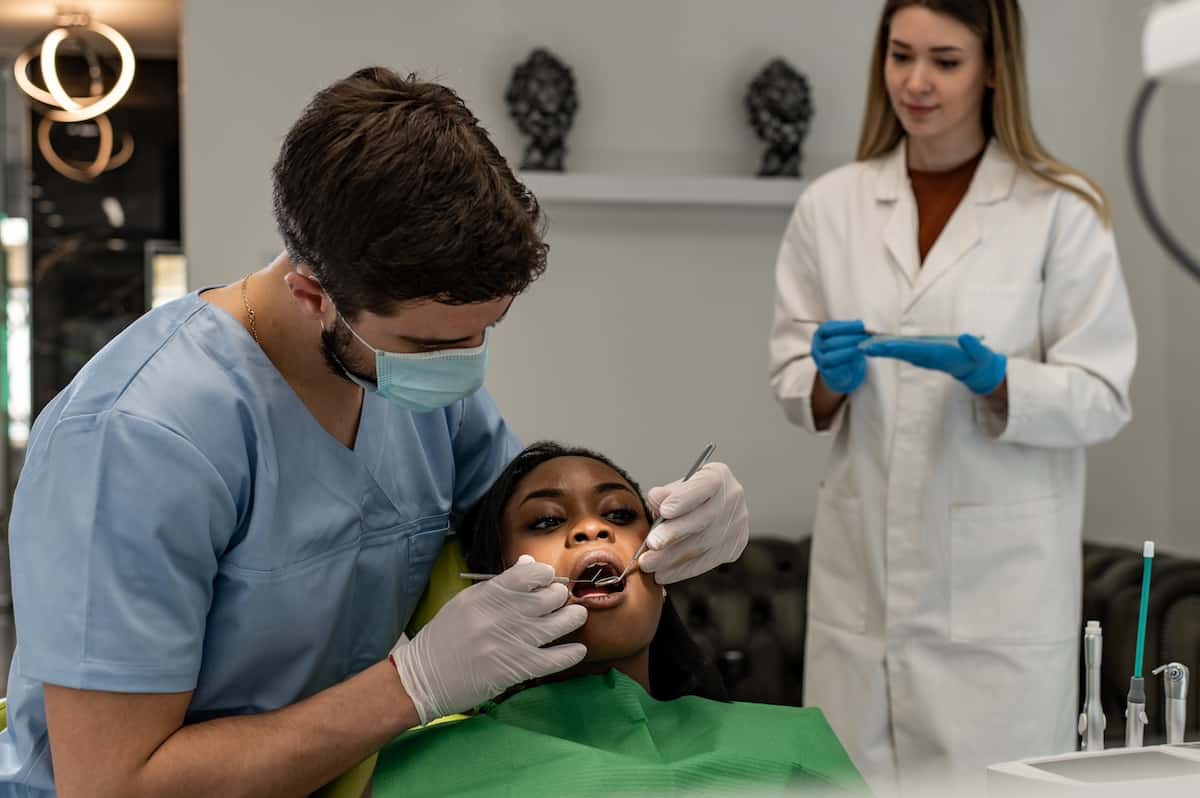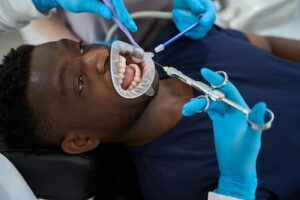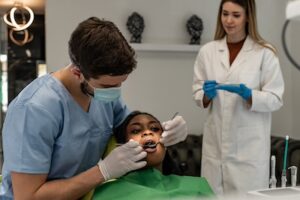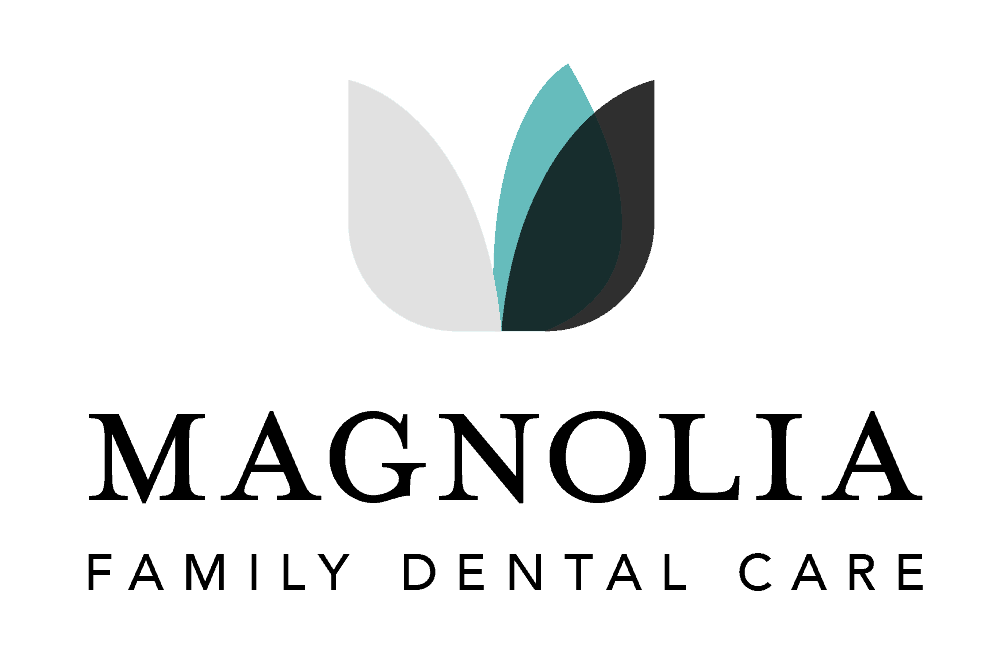
28 Mar Navigating Dental Emergencies Without Insurance
Identifying Dental Emergencies
It can be difficult to know if a dental problem requires immediate attention. We’ve all experienced unexpected pain or an issue with our teeth, and it’s not always clear if it’s a true emergency. Let’s review the symptoms that indicate a dental emergency, so you know when to seek help.
Severe Pain That Won’t Ease Up
If you’re experiencing severe pain that’s not relieved with over-the-counter pain medication, it’s time to call the dentist. Pain is a signal that something is wrong. If the pain is accompanied by swelling or you notice an abscess (an infection) near your teeth or gums, it’s important to get it checked out promptly.
Swollen Gums, Jaw, or Face
Swelling can indicate infection or inflammation. If your gums, jaw, or face is noticeably swollen and doesn’t improve with time, it could be a dental emergency. This is particularly concerning if the swelling is accompanied by pain or a fever, as it could suggest an abscess or spreading infection.
Knocked-Out Tooth
When a tooth is knocked out, acting quickly improves the chances your dentist can save the tooth.1 Avoid touching the root of the tooth, and try to keep it moist until you can get to the dentist.
Cracked or Broken Teeth
A cracked or broken tooth isn’t just a cosmetic issue—it can lead to more serious problems if not treated. Sharp edges could injure your mouth, and the breakage could expose sensitive parts of your tooth, leading to pain or infection.
Unstoppable Bleeding
Mouth bleeding that doesn’t stop with pressure or continues to recur is a sign that you need emergency dental care. Persistent bleeding could stem from soft tissue injuries in your mouth and requires professional attention to stop effectively.
If you’re unsure whether your situation is a dental emergency, call your dentist and describe what you’re experiencing. Your dentist can advise if you need to be seen immediately or if it can wait for a scheduled appointment.
Prioritizing your dental health is important, and knowing when to seek immediate help can prevent further complications. Keep these signs in mind to ensure you act appropriately in any dental emergency.

Finding Affordable Emergency Dental Care for Dental Emergencies
Finding affordable dental care during an emergency without insurance can be challenging. However, don’t let that stop you from seeking the help you need. Dental emergencies often require prompt attention to alleviate pain or prevent further complications. Here’s a guide to navigating through this situation without significant financial strain.
Search for Local Dental Schools
Dental schools are a good resource for cost-effective dental care. Students provide services under the supervision of licensed dentists at a lower cost than typical dental procedures. It benefits both your budget and aids in the education of future dentists.
Explore Community Health Centers
Funded by the federal government, these centers often offer dental services on a sliding scale based on your income. You pay what you can afford. Services can range from routine cleanings to emergency extractions and are provided by certified professionals.
Look Into State and Local Resources
Many states and cities offer programs aimed at providing affordable emergency dental care. These might include publicly funded clinics or assistance during dental health drives. Checking with your state’s health department can uncover options you may not know exist.
Consider Dental Savings Plans
These aren’t insurance, but they can offer discounts on dental services for a yearly membership fee. If you find yourself in a bind, enrolling in one of these programs can reduce the cost of your emergency treatment.
Don’t Forget to Negotiate With the Dentist
If you’re upfront about your lack of insurance but need urgent care, some dentists are willing to discuss payment plans or discounts. Flexibility in payment can help ensure you receive the necessary treatment.
When faced with a dental emergency and no insurance, remember these strategies to find affordable care. Prioritize your health without fear of a financial burden. Acting promptly and exploring these avenues can lead you to the relief you need while managing the costs of necessary treatment.

Immediate Actions for Dental Emergencies
When faced with a dental emergency, taking the right actions promptly can make a difference in outcomes. Here are step-by-step instructions on what to do if you find yourself or a loved one in several common dental emergencies:
Biting Lip or Tongue with Bleeding
- Clean the Area: Gently clean the area that has been bitten with water.
- Apply Pressure: Use a clean cloth to apply pressure to the bleeding area.
- Cold Compress: To reduce swelling, apply a cold compress to the area externally.
- Seek Professional Help: If bleeding doesn’t stop, consider visiting an emergency dental clinic or ER.
Objects Stuck Between Teeth
- Use Dental Floss: Carefully try to remove the object with dental floss. Be gentle to avoid cutting the gums.
- Avoid Sharp Objects: Don’t use a pin or a sharp object to pry the item out; this can damage your teeth or gums.
- Dentist If Necessary: If you’re unable to remove the object, it may be time to see a dentist. They have special tools that can safely do the job.
Lost Filling or Crown
- Save the Crown/Filling: If your crown falls out, keep it in a safe place because it might be possible to reattach it.
- Temporary Filler: Use over-the-counter dental cement, toothpaste, or even sugar-free gum to fill the cavity temporarily.
- Dental Appointment: Contact your dentist as soon as possible for a proper fix.
Intense Toothache
- Rinse with Warm Water: Rinse your mouth with warm water to cleanse it.
- Use Floss: Gently use dental floss to remove any food caught between your teeth.
- Avoid Aspirin on Gum: Don’t place aspirin directly onto your gums; this can actually burn gum tissue.
- Cold Compress and Dentist: Use a cold compress externally for swelling and contact your dentist promptly.
Sensitivity to Hot or Cold
- Avoid Temperature Extremes: Try to avoid extremely hot or cold foods and beverages as these can worsen the pain.
- Desensitizing Toothpaste: Use toothpaste made for sensitive teeth and see if it helps over time.
- Dental Check-Up: If sensitivity persists, schedule a visit with your dentist as there might be underlying issues needing treatment.

Preventing Dental Emergencies
Remember, prevention is key to avoiding dental emergencies. Regular check-ups can catch early signs of problems. Good oral hygiene practices such as brushing twice daily, flossing, and using mouthwash can prevent many emergencies before they happen.2
In all dental emergencies, acting quickly is important, but staying calm can prevent further damage and ensure the best possible outcome until professional care is available.


Sorry, the comment form is closed at this time.